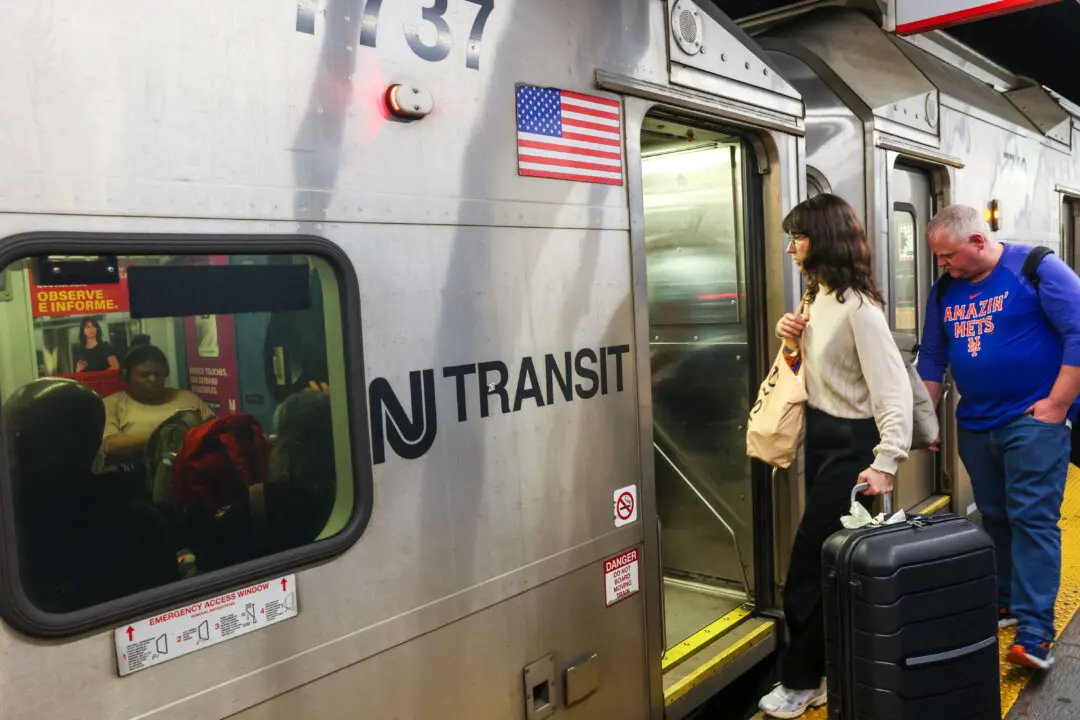A federal court ruled that Illinois violated the National Voter Registration Act (NVRA) when it refused to provide an election integrity group with access to the state’s voter roll.
“Election officials must allow citizens to see what they are doing,” said J. Christian Adams, president of the Public Interest Legal Foundation (PILF), the successful plaintiff in the case.





